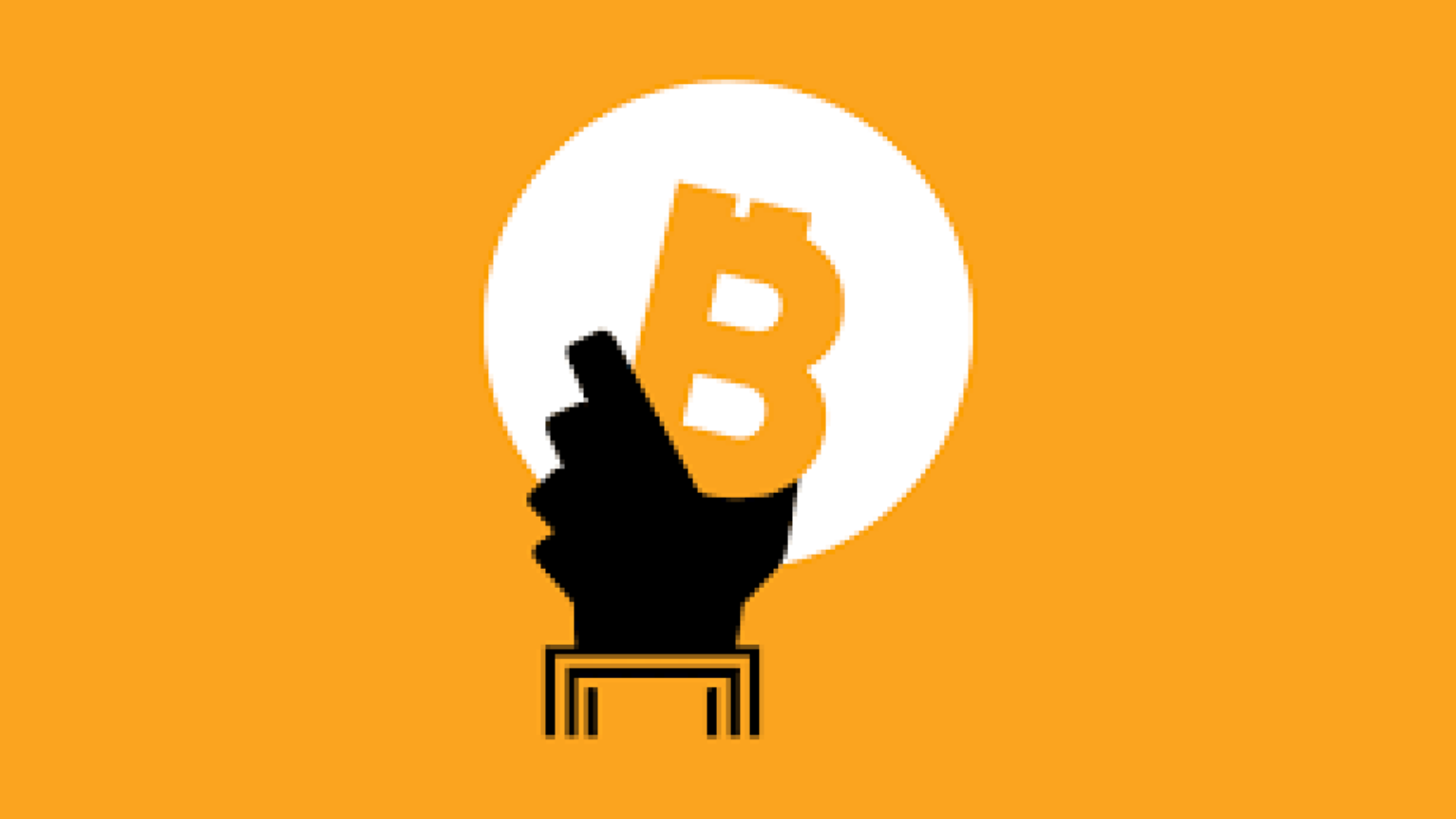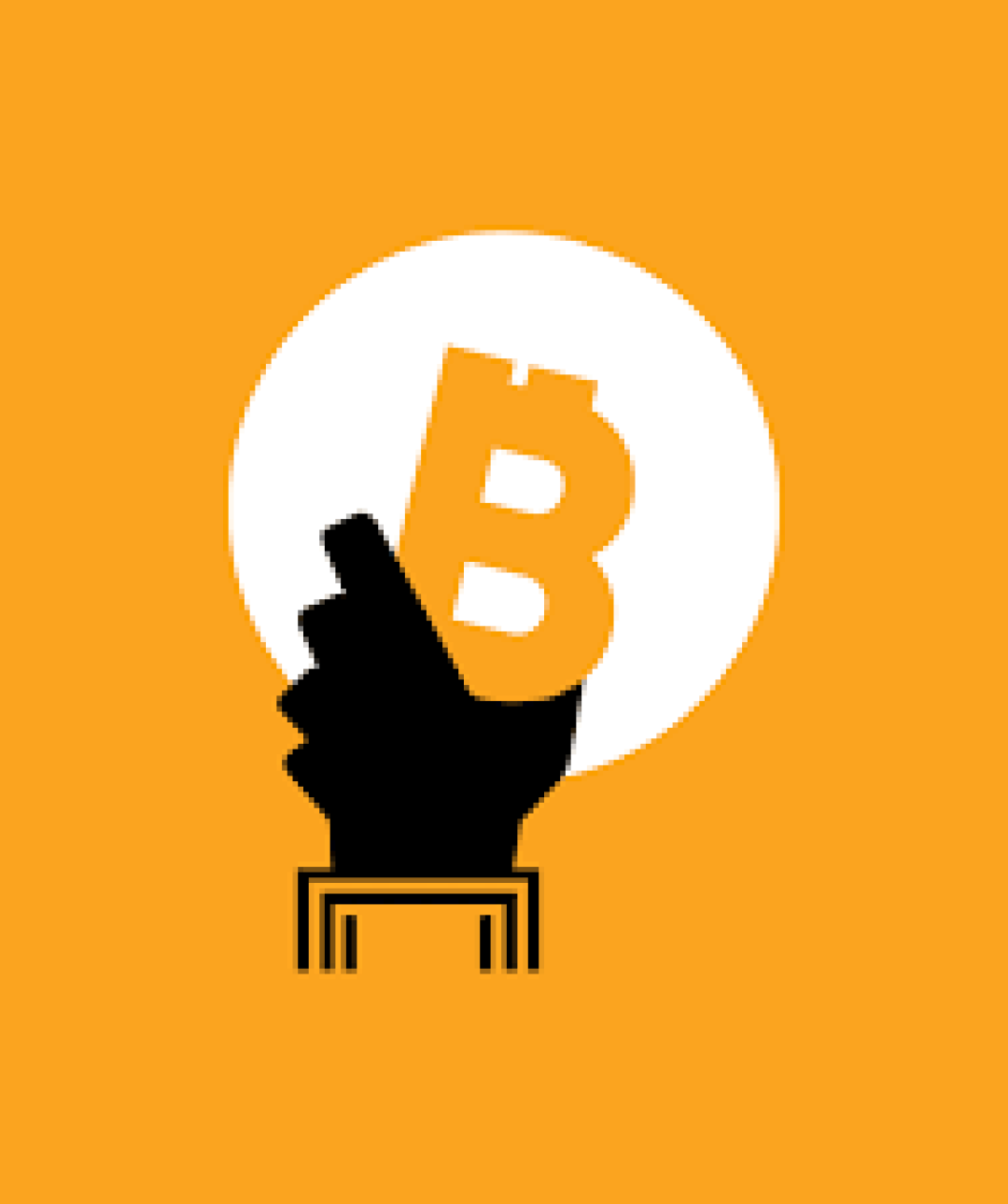

HRF’s Bitcoin Development Fund announces 375 million satoshis across 10 Q3 Gifts
September 15, 2021 (NEW YORK) — The Human Rights Foundation is delighted to announce 10 gifts spanning the globe as part of its third-quarter Bitcoin Development Fund grants.
This round focuses on improving Bitcoin privacy tools, strengthening developer education in emerging markets, making Bitcoin onboarding a better experience for new users, and continued Bitcoin Core development.
Gifts and amounts are as follows:
• 50 million satoshis to Fodé Diop to create a Bitcoin Developers Academy. This Bitcoin programming course, initially targeting West Africa, and especially countries still using the CFA franc like Senegal, will eventually expand to allow anyone from around the globe to learn how to program Bitcoin, making Bitcoin more accessible and usable. Special thanks to Manuel Stotz for making this grant possible.
• 50 million satoshis to Bernard Parah, Carla Kirk-Cohen, Tim Akinbo, and Abubakar Nur Khalil to establish the Qala fellowship, a program to find and grow local Nigerian talent starting with developers to build careers in the Bitcoin space. Nigeria is a global leader in Bitcoin adoption and P2P trading, yet the country is underrepresented in the Bitcoin developer space. Starting with ten developers, the academy’s inaugural program will consist of a six-month intensive bootcamp focused on how to build on Bitcoin. Special thanks to Paxful for making this grant possible.
• 50 million satoshis to Vasil Dimov for his work on Bitcoin Core. Vasil is an experienced Bitcoin Core developer who has implemented Tor v3, BIP155 and I2P support in Bitcoin Core. Vasil will use HRF’s funding to implement CJDNS support which will make the network even more secure against partitioning attacks and will improve privacy. He will also work on code review, improving the testability of the networking code.
• 50 million satoshis to Fanquake (Michael Ford) for his work on Bitcoin Core. Michael has been contributing to Bitcoin Core since 2012, and became a Bitcoin Core maintainer in 2019. With this grant, Michael will be able to continue his work maintaining Bitcoin Core, ensuring that the open-source code runs efficiently and bug-free.
• 50 million satoshis to BTCPay to write an open-source design guide that can help merchant and donation recipient onboarding for Bitcoin payments and gifts. The Bitcoin Design Guide is an invaluable resource for designing new Bitcoin products, but it currently lacks a merchant section. BTCPay will use the grant to add a merchant section to the Bitcoin Design Guide, improving the Bitcoin onboarding experience for new companies, foundations, and donation-receiving organizations.
• 25 million satoshis to Lili and Richard Myers to establish an open-source research project about Bitcoin in low-bandwidth environments. Lili and Richard will create a research report focused on technologies that facilitate the use of bitcoin in hostile environments. This report will help Bitcoin developers understand pain points and improve the user experience for users in developing countries and emerging markets. Special thanks to Dan Held for making this grant possible.
• 25 million satoshis to Chaincase for their work on an open-source iOS Bitcoin wallet that features CoinJoin, coin control, and Tor for privacy. While there are many Bitcoin privacy tools available, they can be intimidating for non-technical users. Chaincase presents tools like Tor and CoinJoin together in a much more accessible package. HRF funds will support the addition of PayJoin, a fully peer-to-peer type of CoinJoin transaction which helps curb Bitcoin surveillance even for those who don’t PayJoin.
• 25 million satoshis to SeedSigner for their work on creating inexpensive open-source hardware wallets utilizing Raspberry Pi Zeroes, to enable people to be their bank for as little as $50. The decentralization of hardware wallets is crucial to Bitcoin’s ethos of self custody and resiliency. SeedSigner will use the funding to upgrade the user interface, add support for other languages, and continue to add user optimizations.
• 25 million satoshis to LNBits for their open-source Lightning wallet. Easy to set up and lightweight, LNbits can run on any lightning-network funding source, currently supporting LND, c-lightning, OpenNode, lntxbot, LNPay and even LNbits itself. HRF support will go towards integration of LNURL.
• 25 million satoshis to a bounty for developers to add a JoinMarket app to the Umbrel full-node platform. With a JoinMarket app, Umbrel users will be able to increase the privacy and fungibility of their Bitcoin transactions. The Umbrel’s ease of use coupled with a JoinMarket app could dramatically increase JoinMarket usage, making Bitcoin privacy much more accessible.
The Human Rights Foundation (HRF) is a nonpartisan, nonprofit 501(c)3 organization that promotes and protects human rights globally, with a focus on closed societies. While the Bitcoin network and its app ecosystem is continually improving, it is far from as usable and private as it could be. To that end, HRF is committed to expanding Bitcoin public education, helping human rights advocates and dissidents learn how to use Bitcoin, and supporting the open source developer ecosystem.
Since June 2020 HRF has allocated more than $900,000 to more than 25 developers and educators across the world. HRF continues to raise support for the Bitcoin Development Fund, with the next round of gifts to be announced in Q4 of 2021.
Previous grant recipients include Gloria Zhao for Package Memepool Accept, Chris Belcher for Coinswap, Abubakar Nur Khalil for Nigerian Bitcoin user experience improvements, Muun Wallet for their mobile Lightning wallet, Sphinx for their Lightning-powered decentralized social media work, Janine for her Bitcoin privacy newsletter, Blockchain Commons for their Bitcoin internship program, and Arabic Hodl for his work translating important Bitcoin texts into Arabic.
HRF continues to raise support for the Bitcoin Development Fund, with the goal of announcing new gifts several times per year. HRF is a registered 501(c)(3) non-profit organization, and donations are tax-deductible to the fullest extent allowable by law. Gifts can be made at HRF.org/DevFund, while proposals for support can be submitted to [email protected].
Follow @HRF on Twitter for more updates on this project and all of our other programs designed to promote freedom and human rights around the world.
Join us in helping save lives and stand up to tyranny.

Reach out with any questions or support needs.
Become part of our mission-driven team.
Find answers to commonly asked questions in our FAQs.
Hit enter to search or ESC to close